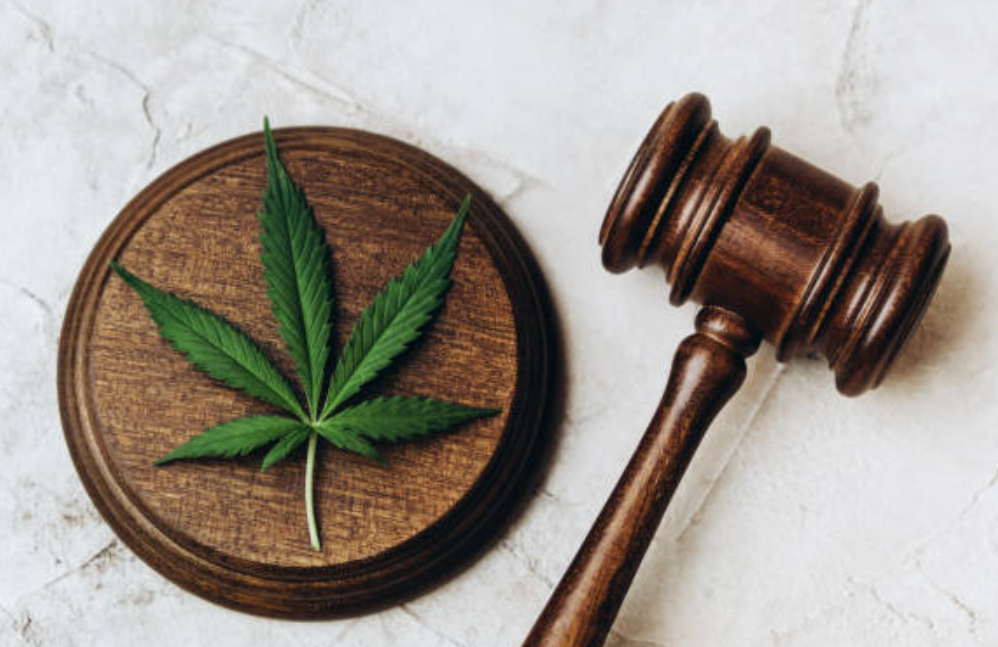California, a trailblazer in progressive legislation, is set to introduce groundbreaking changes in 2024 that will redefine workers’ rights and protect personal freedoms.
Commencing January 1, 2024, the state will enforce laws aimed at bolstering sick leave benefits and safeguarding employees using cannabis outside of work.
An expansion in paid sick leave is one of the key facets of this new legislation, designed to curb the spread of illnesses by encouraging employees to stay home when unwell.
However, reactions to this enhancement have been polarized. While proponents applaud its potential to boost public health, concerns have arisen among employers regarding financial implications and potential misuse of the policy.
Simultaneously, Assembly Bill 2188, a pivotal law, will shield employees who use cannabis recreationally outside their workplace.
Despite the legalization of recreational marijuana in 2016, conflicts between state laws and workplace policies have persisted. AB 2188 addresses this disparity by prohibiting employers from penalizing workers for the presence of non-psychoactive cannabis metabolites in drug tests, acknowledging that these tests often detect past usage rather than current impairment.
Cannabis Regulations During Work Hours

However, the cannabis law comes with exemptions, notably excluding certain industries like construction, along with roles requiring federal background checks or contracts to adhere to federal mandates. This exclusion has sparked controversy, especially within the construction sector.
Glazier Larson, a seasoned construction worker, expresses his discontent with the exclusion. He questions the fairness of being left out while other safety-sensitive industries are covered. Larson emphasizes the incongruity of being penalized for off-duty cannabis use when workers in other professions are not subjected to similar scrutiny.
Despite opposition from business groups concerned about workplace safety, the state affirms that employers can still conduct impairment tests and maintain drug- and alcohol-free work environments. Notably, the legislation explicitly prohibits cannabis use or impairment during work hours.
Senate Bill 700, another recent enactment, complements AB 2188 by preventing employers from probing into job applicants’ past cannabis use. This measure aims to prevent discrimination against cannabis users, aligning with California’s stance on legal marijuana use and promoting fairness in employment practices.


Comments are closed.